Why study Soils and Sustainability at Edinburgh?
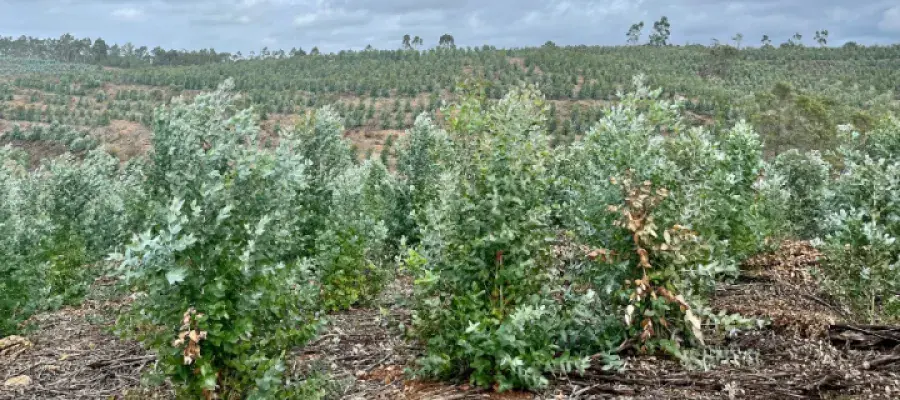
- Our programme encompasses the fundamentals of soil science and soil's role in wider environmental systems and sustainable land management.
- We will prepare you for a range of careers in land-based management and environmental protection.
- Our interdisciplinary programme places a strong emphasis on varied teaching approaches for both theoretical understanding and practical skills, such as laboratory and field-based activities.
- While expanding your soil surveying skills, you will consider the benefits of soil management to enhance soil services and meet several of the UN Sustainable Development Goals.
- You will be taught by world-renowned experts and researchers across various disciplines within the soil and environmental sciences.
- You will benefit from our strong links with the British Society of Soil Science (BSSS), through their training and networking opportunities.
Online Information Session
Watch the recording of our online Information Session (27th Feb), hosted by Programme Director Dr Jennifer Carfrae.
Back to the applicant website
Pre-arrival reading list
Your courses
This MSc programme comprises:
- 4 compulsory courses: Professional and Research Skills, Soil Science Concepts and Applications, Soil Protection and Management, and Soil Ecology and Taxonomy.
- 2 Optional Courses: From a selection of relevant course options including Environmental Modelling, Environmental Impact Assessment and Pytotechnology and Phytoremediation.
- Dissertation: A focused study in an area of your own interest with SRUC/external researchers.
Courses are delivered by staff who are active researchers in each field. Their expertise is supplemented by selected guest speakers, generally from industry or other research organisations.
You can find out more about compulsory and optional courses on the Degree Programme Tables (DPTs). Please note that the information on the current DPTs is for academic year 2025-26 and is subject to change in future years.
Read more about selecting optional courses on the applicant website.
Your dissertation
We will work with you throughout the programme to help prepare and develop your dissertation project. This will be your opportunity to explore a topic of your choice in relation to the programme and prepare a dissertation that you can use to demonstrate your knowledge to potential employers.
Previous topics that have been studied include:
- Soil quality and biodiversity comparison between ancient woodland and commercial forestry in Scotland (industry linked).
- Soil quality and carbon content in tilled versus non-tilled soils (SRUC).
- Peatland remediation and carbon budget (industry linked).
- Soil quality enhancement following biochar application from fish farm waste (SRUC).
- Comparison of mycorrhizal populations and functional traits under different ages of agroforestry systems (SRUC)
- Phytoremediation potential of different UK crop species (SRUC)
Where will you be taught?
For this MSc Soils and Sustainability programme, the majority of teaching is delivered at the King's Buildings campus. Laboratory work will be undertaken at the SRUC Building, where you will have access to the bespoke soils laboratory and new teaching laboratory. You will also have access to the Edinburgh Climate Change Institute (ECCI) Masters Hub.
Scotland's Rural College (SRUC)
This MSc is delivered in collaboration with Scotland's Rural College (SRUC). You will benefit from being a fully enrolled student at the University of Edinburgh, as well as access to all of the complementary staff, expertise, and resources at SRUC. Upon successful completion of your MSc, you will be awarded your degree by the University of Edinburgh.
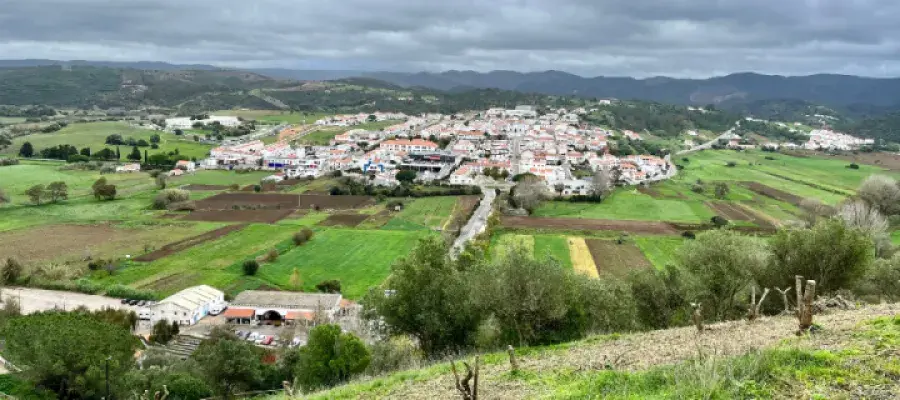
Field trips
This MSc includes some local field trips to discuss various soil-based topics, the most notable being our annual overseas field trip previously hosted in Morocco and Portugal (dependent on travel restrictions and governmental guidance).
The trip is structured around a set of different projects/habitat types. You will focus on a soil-based project throughout the week while undertaking sessions that cover a range of other topics (which vary annually) covering land management practices to consider sustainability and environmental impact, such as soil erosion, soil health, agricultural management, water scarcity, water quality, atmospheric pollution, forestry, tourism and socio-economic pressures.
We stay in high quality accommodation and have the opportunity to visit some of the local organisations managing the land in the area.
This field trip is assessed, which usually involves students providing a graded group presentation on the final day of the trip as well as an individual project report based on work undertaken whilst on the field trip.
Scholarships
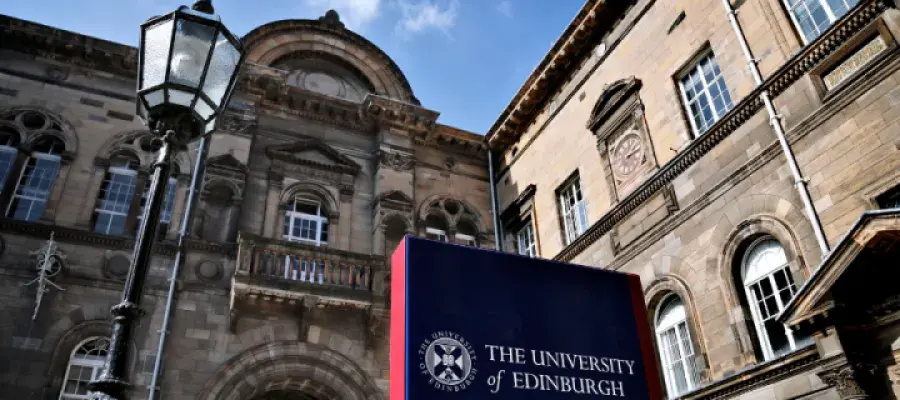
School of GeoSciences scholarships
Scholarships and student funding
You can find funding opportunities, tuition fees and costs of living for prospective UK and international postgraduate students on the University website.
You are also encouraged to undertake your own research into the range of potential scholarships and other funding outside the University for which you may be eligible.
Scotland's Rural College (SRUC) alumni discount
The SRUC alumni discount aims to encourage SRUC graduates to take up opportunities to study taught masters (MSc). SRUC may provide a financial contribution towards tuition fees for eligible applicants for SRUC programmes delivered in conjunction with the University of Edinburgh.
Future of your subject
Soils are one of our most valuable resources and there is both societal and political recognition that we need to nurture this environment to enhance resilience. The Earth’s soils hold approximately three times more carbon than what is present in the atmosphere. Therefore, conservation and sustainable management of our soil systems plays a vital role in tackling climate change and plays a significant role in achieving the ambitious net-zero carbon targets that many countries have committed to.
As the global population continues to rise, maintaining healthy soil systems will be essential for sustainable food production and future food security, particularly in climate sensitive environments. In addition, healthy soils play a vital role in supporting the UN Sustainable Development Goals through regulating global water and nutrient cycles, mitigating environmental pollution, conserving biodiversity as well as supporting wider ecosystem services and local communities.
Therefore, the Soils and Sustainability MSc Programme will equip students with the knowledge and skills to carry into their future career paths with the ability to adapt well to future developments in a fast growing green movement.
Careers

Our graduates have a strong record of finding employment in the environmental sector globally.
Previous Soils and Sustainability students are now employed in various roles including a range of consultancy agencies/companies, governmental, PhD research scholarships, campaigners and environmental scientist positions.
Some examples of organisations include:
- Scottish Environmental Protection Agency (SEPA)
- Scottish Government
- NatureScot
- Land and Forest Scotland
- Centre for Ecology and Hydrology
- SRUC
- SAC Consulting
Alumni
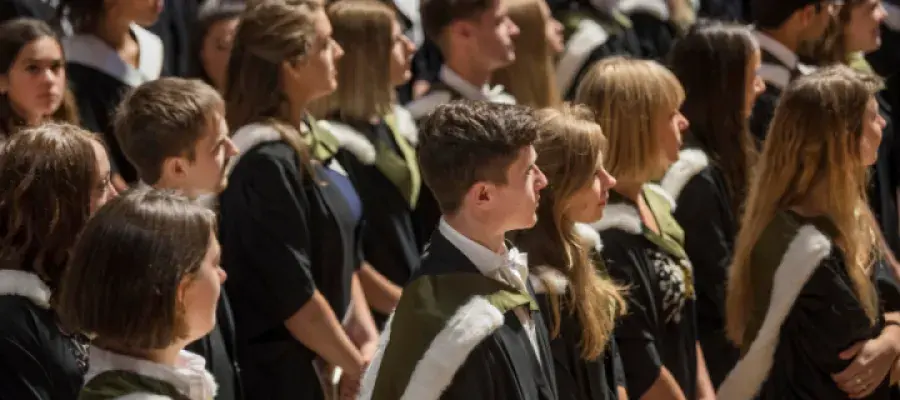
We have a thriving global network of alumni living and working around the world. As well as individual MSc programme networks, the School of GeoSciences has a large alumni network, which you can join after graduation.
You'll have the opportunity to engage with and learn from like minded individuals who can offer advice about shaping your career path.
You can read our alumni profiles to find out more about our graduates experiences throughout their studies and beyond on our website.If you prefer to watch a video, you can watch our alumni interviews on YouTube.
Your programme director and cohort lead.
Find out more about your programme director and cohort lead.
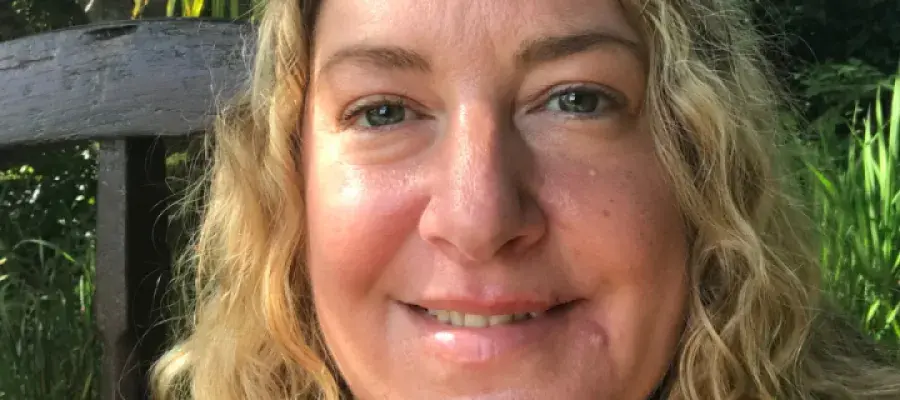
Dr. Jennifer Carfrae
The programme director and cohort lead for MSc Soils and Sustainability is Jennifer Carfrae. Jennifer is a researcher working across the Plant and Soil and the Rural, Economics, Environment and Society Groups in Scotland’s Rural College (SRUC). Her research focuses on resource use efficiency and land and habitat remediation. By specialising in resource recovery (including the diversion of waste soil from landfill) and soil remediation, her research currently is focused on the circular economy readiness of the construction industry and considering phytoremediation strategies to recycle and recover soils from landfill. Jennifer is also responsible for contributing to a range of international and national research projects and supervises PhD students and MSc dissertation projects. She chairs the Scottish Green Infrastructure Research Discussion Group and is also an editor of CATENA Journal.
Jennifer enjoys hiking with her dog, and she also has a cat and two guinea pigs. In her spare time, she enjoys Salsa dancing and Fitness classes.
Dr. Rose Boyko
Another cohort lead for this MSc Soils and Sustainability programme is Rose Boyko. Rose has recently joined the Soil Research team at SRUC Edinburgh, specialising in sustainable agricultural soil management. Rose's current research focus is on fertiliser alternatives such as insect frass, and on innovations in sustainable land management.
Jennifer Carfrae and Rose Boyko are both the cohort leads for students on the Soils and Sustainability programme with additional support provided to you from colleagues within the University of Edinburgh for Personal Tutoring. Rose and Jennifer will provide a series of workshops, dissertation support sessions, and social opportunities both within programme and in liaison with other SRUC programmes.
Why Edinburgh?
Contact us
Stay in touch
Degree finder
This article was published on
